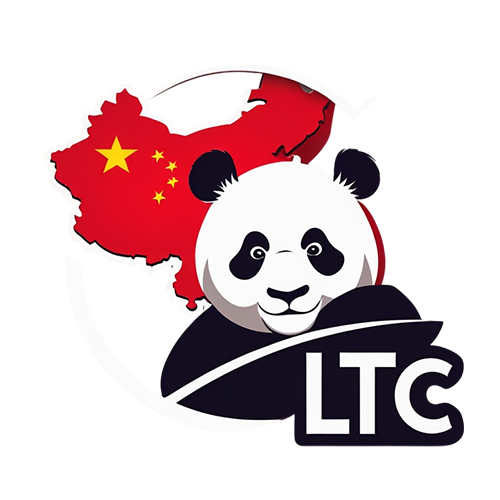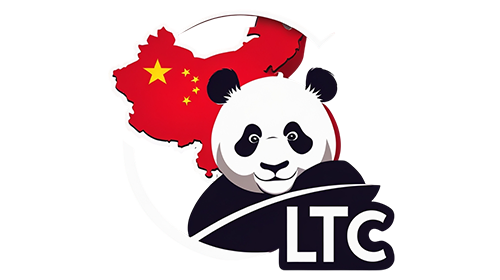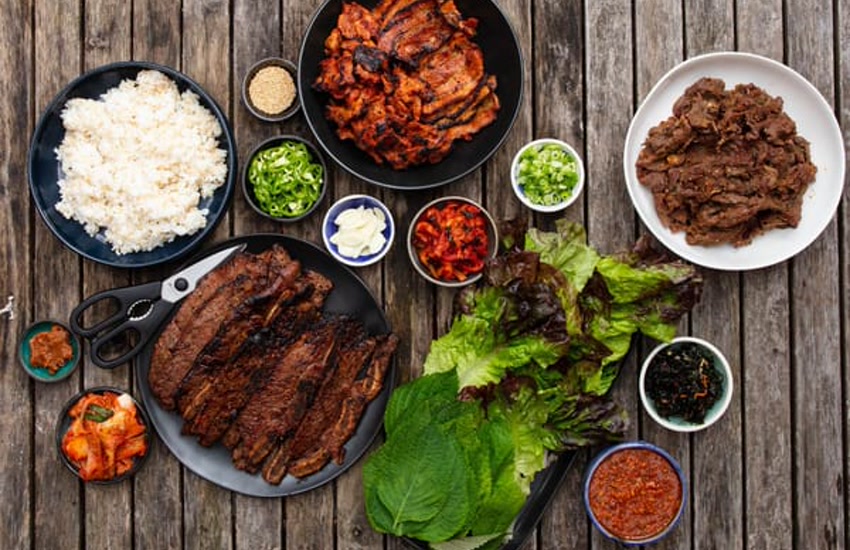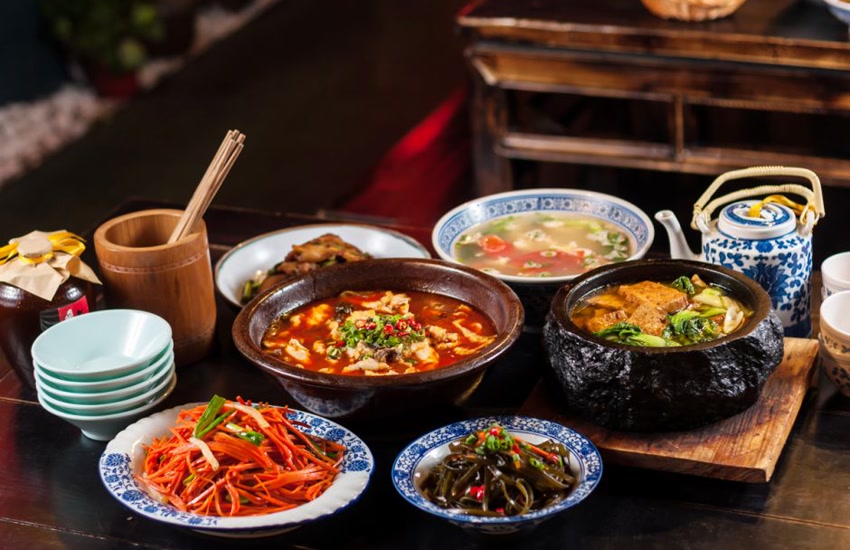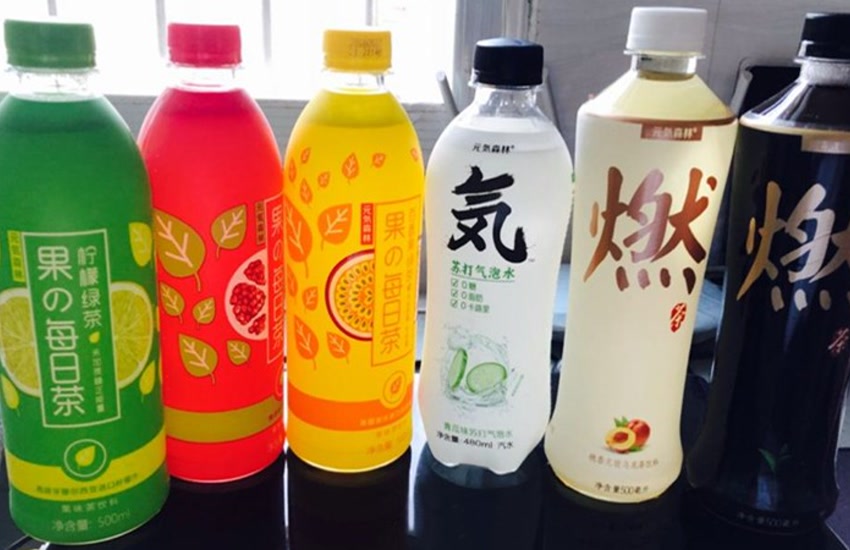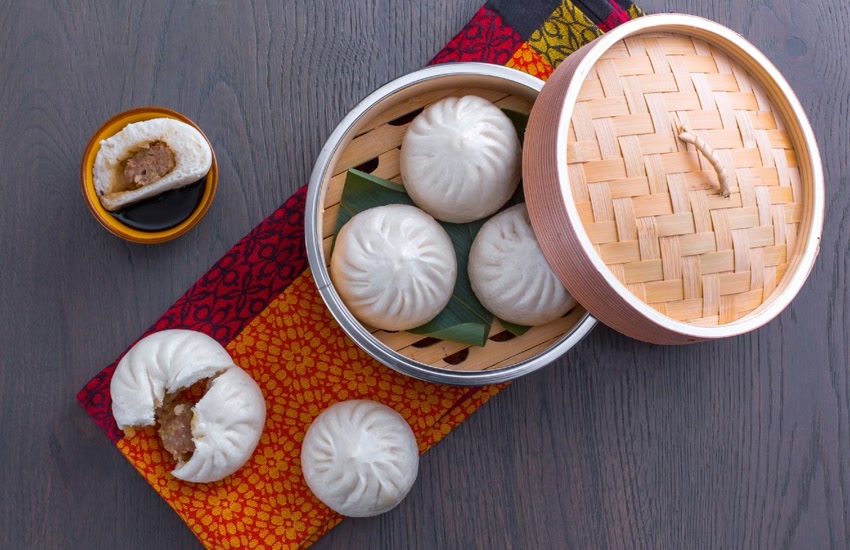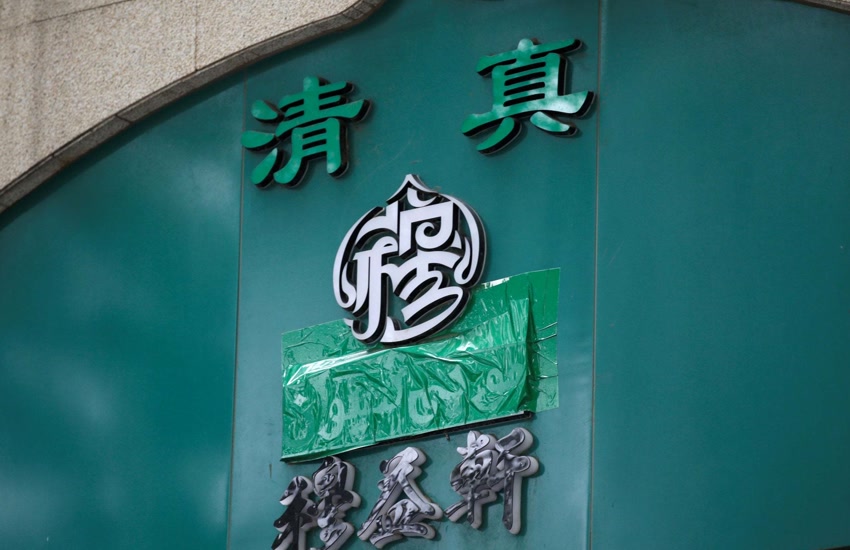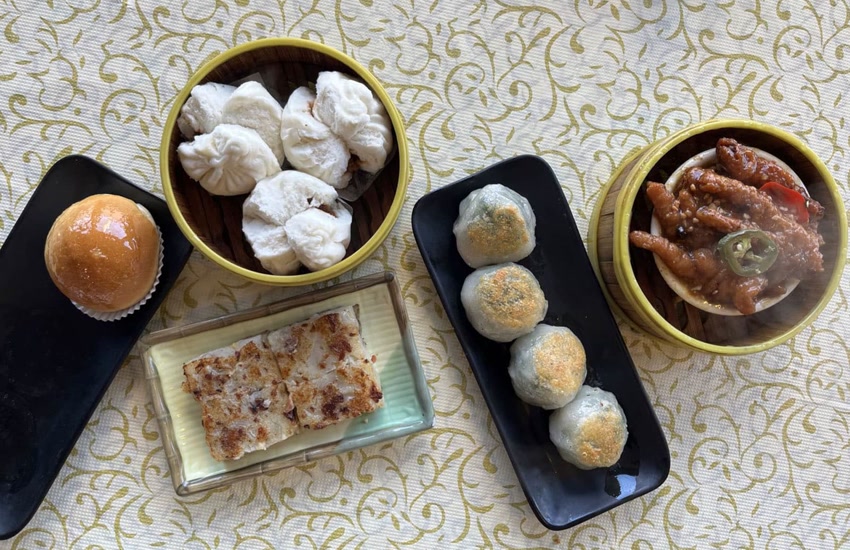
Hey fellow travelers and caffeine aficionados! For years, when you thought of China and beverages, tea was probably the first (and maybe only) thing that came to mind. But get ready to have your perceptions challenged, because there’s a new brew in town: coffee from China!
A Brief History: From Missionary Seeds to Modern Farms
Believe it or not, the story of coffee from China dates back to the late 19th century. A French missionary first introduced coffee to Yunnan province, a region in southwest China known for its diverse landscapes and ideal climate. However, it wasn’t until 1988 that modern coffee cultivation really took root.
The Advent of Coffee in China
That year, the Chinese government, along with the World Bank and the United Nations Development Programme, launched a collaborative initiative to promote coffee growing in Yunnan. This marked the beginning of China’s journey into the world of coffee production. Big players like Nestlé also recognized the potential early on, actively encouraging coffee cultivation in the region.
China’s Coffee Production Today
Fast forward to today, and coffee from China is making waves both domestically and internationally. From small-scale family farms to larger commercial operations, the industry is booming, and the quality is constantly improving.
Yunnan: The Heart of China’s Coffee Country
When you talk about coffee from China, you’re primarily talking about Yunnan province. A staggering 98% of China’s coffee production comes from this region. Yunnan’s unique geography, climate, and altitude make it exceptionally well-suited for growing Arabica beans.
Key Coffee Producing Regions in Yunnan
Within Yunnan, several regions stand out:
- Pu’er: Perhaps the most well-known, Pu’er accounts for a whopping 60% of the nation’s total coffee production. You might recognize the name from Pu’er tea, another local specialty!
- Baoshan: This area is known for its high-quality Arabica beans, benefiting from the region’s mountainous terrain.
- Dehong: Here, you’ll find a mix of larger farms and smaller, family-run operations, contributing to the diversity of coffee from China.
- Xishuangbanna: As Fulcrum Coffee mentioned, this tropical and humid region south of the Tropic of Cancer is perfectly located within the “coffee zone” of the world.
While Yunnan dominates, you’ll also find coffee cultivation in smaller quantities in provinces like Fujian and Hainan. However, these areas primarily focus on Robusta beans, which have a bolder, more bitter flavor compared to the Arabica beans grown in Yunnan.
What Kind of Coffee Grows in China?
The dominant coffee variety grown in Yunnan is Arabica, specifically the Catimor varietal. Catimor is a hybrid of Caturra and Timor, known for its disease resistance and ability to thrive in challenging conditions. However, some farmers are now experimenting with other Arabica varieties to enhance the complexity and flavor profiles of their coffee from China. You will find Robusta coffee being grown in Fujian and Hainan.
From Farm to Cup: Processing Methods and Flavor Profiles
One of the fascinating aspects of coffee from China is the increasing experimentation with different processing methods. Traditionally, washed processing was the norm, but now you’ll find farmers embracing natural, honey, and even experimental processes.
Washed: This method involves removing the pulp from the coffee cherries before drying, resulting in a cleaner, brighter cup.
Natural: The coffee cherries are dried whole, allowing the beans to absorb the fruit’s sweetness and creating a more complex, fruit-forward flavor profile.
Honey: In this method, some of the sticky mucilage (the honey-like substance surrounding the bean) is left on during drying, imparting a unique sweetness and body.
The flavor profile of coffee from China can vary depending on the region, varietal, and processing method. Generally, you can expect a cup that’s balanced, with notes of chocolate, nuts, and subtle fruity undertones. Natural processed coffees often exhibit sweeter, berry-like flavors.
Is Coffee from China Good? Addressing the Skeptics
Now, let’s address the elephant in the room: Is coffee from China actually good? For years, Chinese coffee had a reputation for being lower quality, often used as filler in blends. However, things have changed dramatically in recent years.
Quality and Recognition
Thanks to increased investment in farming practices, processing techniques, and quality control, coffee from China is now capable of competing on the global stage. Specialty coffee farms are emerging, and their beans are winning awards and gaining recognition from coffee experts worldwide.
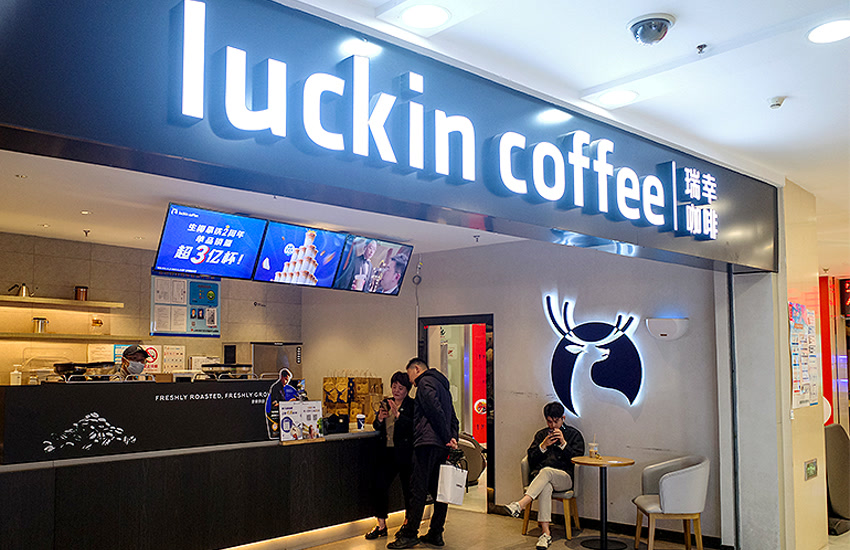
Range of Quality
Of course, like any coffee-producing region, there’s a range of quality. Not all coffee from China is created equal. But if you seek out specialty-grade beans from reputable farms and roasters, you’re in for a treat.
Navigating the Market: Where to Find Coffee from China
So, where can you get your hands on some of this intriguing brew? Here are a few options:
Specialty Coffee Roasters: Many specialty coffee roasters around the world are starting to feature coffee from China on their menus. Check with your local roasters or explore online retailers that specialize in single-origin coffees. Fulcrum Coffee, for example, offers China Yunnan beans!
Online Marketplaces: Online marketplaces like Alibaba or specialty coffee importers are good places to buy coffee from China.
Visiting China: If you’re planning a trip to China, especially Yunnan province, you’ll have ample opportunities to sample local coffee. Seek out independent coffee shops and roasters to experience the best that coffee from China has to offer.
Luckin Coffee and the Rise of Domestic Consumption

It’s impossible to talk about coffee in China without mentioning Luckin Coffee. This domestic coffee chain has taken the country by storm, rapidly expanding its footprint and challenging the dominance of international giants like Starbucks.
Luckin Coffee’s Impact
Luckin Coffee’s success has played a significant role in driving domestic coffee consumption. With its convenient locations, affordable prices, and innovative offerings, Luckin has made coffee more accessible to a wider range of consumers.
Why Does Chinese Coffee Taste Different?
You might be wondering if coffee from China has a distinct taste compared to coffee from other regions. The answer is yes, and there are several factors that contribute to this:
- Terroir:
- The unique climate, soil, and altitude of Yunnan province impart specific characteristics to the coffee beans.
- Varietal:
- The prevalence of the Catimor varietal influences the overall flavor profile.
- Processing Methods:
- The increasing experimentation with different processing methods creates a diverse range of flavors.
- Local Roasting Styles:
- Chinese roasters often have their own unique approaches to roasting, which can further shape the taste of the final cup.
The Best Coffee Brand in China: A Matter of Preference
Determining the “best” coffee brand in China is subjective and depends on individual preferences. However, here are a few brands that are gaining recognition for their quality and commitment to specialty coffee:
- Hogood Coffee: One of the largest domestic instant coffee makers, responsible for cultivating much of the coffee in the Dehong region.
- Yunnan Coffee Traders: This company is the largest exporter of Yunnan speciality coffee in China.
- Saturnbird Coffee: Saturnbird is known for its innovative instant coffee products and its focus on sustainability.
- Many local, independent roasters: Search for small, local roasters in Yunnan to support local farmers.
Final Thoughts: The Future is Brewing
Coffee from China is no longer an anomaly; it’s a force to be reckoned with. The industry is evolving rapidly, and the quality is steadily improving. As Chinese coffee farmers continue to refine their practices and experiment with new techniques, we can expect even more exciting developments in the years to come.
So, the next time you’re looking to expand your coffee horizons, consider giving coffee from China a try. You might just discover your new favorite brew!
If you’re interested in other aspects of Chinese cuisine, check out our deep dives into the Beijing Barbecue culture and the symphony of China’s snack culture.
Have you tried coffee from China? What are your favorite brands or regions? Share your thoughts in the comments below!
Discover our others food guide:
